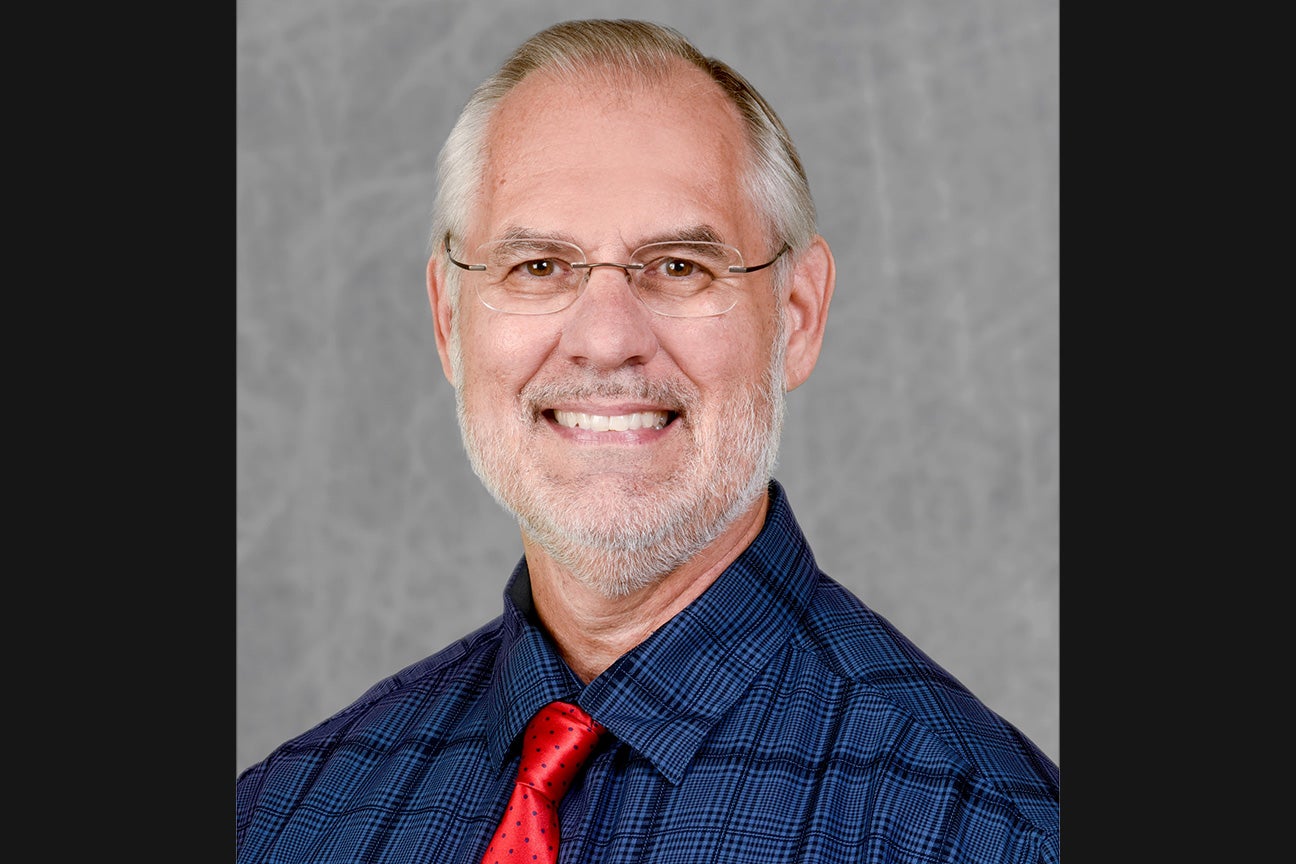GOP’s urban election failures and Democrats’ rural losses could hurt NC
Published 5:13 am Sunday, November 18, 2018
By Colin Campbell
RALEIGH – North Carolina’s urban-rural divide became a chasm in this month’s election – at least in the state legislature.
Republicans suffered huge losses in urban counties, likely leaving the party with only two or three representatives from the two biggest counties: Wake and Mecklenburg. But Democrats fared poorly in many rural legislative districts, despite spending big money in races considered competitive. Outside of the urban areas, the expected “blue wave” was just a tiny ripple.
This shift has big policy implications for our state. Raleigh, Greensboro and Charlotte will have diminished clout in the new legislature with hardly any members of the majority party there to represent urban interests. The House will have a new top budget writer after Rep. Nelson Dollar, R-Wake, was defeated.
Democratic Gov. Roy Cooper’s veto can stop major legislation that’s opposed in the cities, but he doesn’t have veto power over “local bills” that affect only a few counties. That tool will give the legislature authority to overturn local government ordinances if Republicans object to actions by liberal city councils and county commissions.
But rural communities should be equally concerned about the state’s political polarization along geographic lines. Democrats could eventually take the majority in the legislature, and then you’d have a state led almost exclusively by urban lawmakers.
Rural North Carolina could fall farther behind if its legislators lacked power to direct money and resources toward agricultural needs, broadband internet expansion and underfunded schools.
Some of this divide is driven by population trends, but the political parties deserve the blame too. Past election trends show that some suburban districts in Wake and Mecklenburg were winnable for Republicans, while Democrats had a shot in some of the more moderate rural districts.
But many of this year’s legislative campaigns featured cookie-cutter ads dreamed up by young staffers sitting in a Raleigh office. The GOP tried to nationalize some legislative races by focusing on immigration (even though it’s an issue for Congress and the president). The immigration message may have helped Bob Steinburg win a rural Senate district by motivating Trump supporters to vote, but it likely turned off the suburban moderates that Sen. Trudy Wade, R-Guilford, needed to keep her seat.
Ads for Democrats, meanwhile, largely had the same message across the state: We need to do more for education and healthcare. No one’s likely to disagree with that, but skeptical undecided voters might have wanted more specifics.
The successful candidates who bucked the overall urban-rural trends made their campaigns more local. Along the South Carolina border, Rep. Ken Goodman – one of the last moderate Democrats – won another term with ads calling for more lottery revenue going to public schools. That’s not a common topic in Raleigh, but it’s apparently a concern in his district. He also appealed to moderates by pledging to avoid partisan politics.
In Mecklenburg, the only House Republican incumbent left standing (at least as I write this: a recount is possible) is Rep. Bill Brawley. Brawley’s best known in his suburban district for a controversial proposal to let towns run charter schools. He’s made enemies on the county’s school board, but he’s popular among local families who think their kids are being bused to too-distant schools.
Brawley and Goodman offer good examples for the political parties as they gear up for 2020. Democrats won’t be able to win a majority in the House or Senate unless they do better in rural districts. And Republicans won’t regain a foothold in urban districts unless they can find local issues that matter to moderates instead of simply parroting President Donald Trump.
If the parties can’t correct their mistakes, look for the canyon between urban and rural in North Carolina to widen even more in future elections.
Colin Campbell is editor of the Insider State Government News Service. Follow him at NCInsider.com or @RaleighReporter. Write to him at ccampbell@ncinsider.com.
MORE FROM COLIN CAMPBELL:
Spellings’ troubling departure should prompt reset for UNC leaders
Charting NC’s future under three election possibilities





